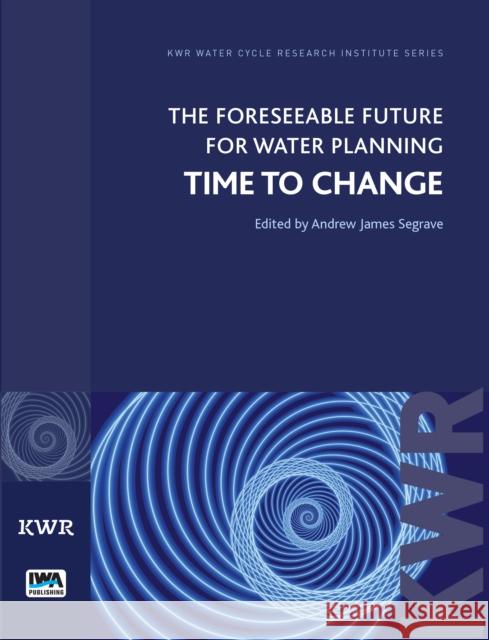The Foreseeable Future for Water Planning: Time to Change » książka
The Foreseeable Future for Water Planning: Time to Change
ISBN-13: 9781780406121 / Angielski / Miękka / 2014 / 126 str.
People and societies conceptualise and experience time in fundamentally different ways. This basic aspect of perception significantly influences the way we frame problems and conceive solutions.
This book shows how time perspectives differ across national cultures and across professional roles. It shows how these differences generate ambiguity when it comes to defining problems and devising solutions in the water sector. This is especially important when dealing with problems such as Sustainable Water Resources Management and Climate Change that involve (culturally and professionally) diverse stakeholders. Response strategies to such problems inherently require concerted action because of the large spatial and temporal scale on which they take place and to minimise the occurrence of conflicting interventions. This disparity between diverse problem perceptions and the need for collective understanding and united action is increasingly recognised as an important concern in the field of water resource management.
The conclusions are important because the time horizons considered in planning and setting research agendas influence what problems are perceived, what questions are asked, and what solutions are sought. In general, more time needs to be invested in framing problems. This is particularly important for participatory planning and transdisciplinary research where the diversity in Motivational Space is greatest. It is recommended that Motivational Space be collectively and explicitly framed from the outset of all planning projects, especially in terms of Temporal Extent. When it comes to setting research agendas it is important to match the Motivational Space of those who prioritize the questions with the goal of the research programme.
Author: Andrew James Segrave, KWR Watercycle Research Institute, Utrecht, The Netherlands











